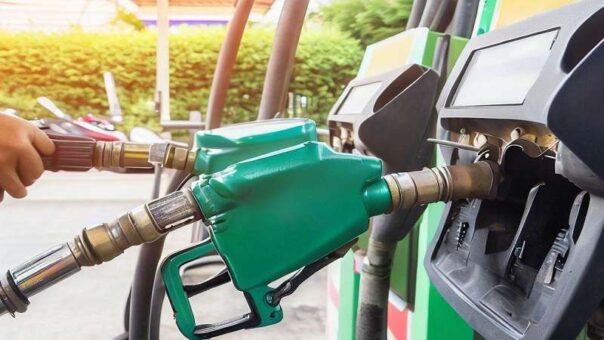Islamabad, August 1, 2023 – The government of Pakistan has officially released the petroleum prices for the first half of August 2023, announcing an increase in the prices of petrol and high-speed diesel (HSD). The finance ministry issued a press release stating that the hike in prices is due to the substantial increase in international petroleum product prices.
READ MORE: Pakistan Shockingly Increases Petroleum Prices from August 1, 2023
According to the notification, the price of petrol has been raised by Rs 19.95, bringing the new price to Rs 272.95 per liter, up from Rs 253.00. Likewise, the price of high-speed diesel (HSD) has been increased by Rs 19.90, resulting in a new price of Rs 273.40 per liter, up from Rs 253.50.
The finance ministry clarified that the surge in international market rates of petroleum products directly impacted the domestic prices in Pakistan. On July 16, 2023, the price of petrol stood at $89.14 per barrel, but it escalated to $97.39 per barrel by July 31, 2023. During the same period, the cost of high-speed diesel increased from $96.26 to $111.46 per barrel.
READ MORE: OGDCL Achieves Remarkable Production Boost in July 2023
Given the direct linkage between the cost of petroleum products in Pakistan and the international market rates, the ministry asserted that the government had little control over the price hikes. It further emphasized that the rise in domestic prices was inevitable due to global market conditions.
The newly revised prices will come into effect from August 1, 2023, and will remain in force until August 15, 2023. Consumers and industries across the country will be impacted by the increase in petrol and high-speed diesel prices during this period.
READ MORE: PSO Joins Forces with PPL and OGDCL for Revolutionary Greenfield Refinery Project
The government of Pakistan urges citizens to brace for the temporary hike and to implement energy conservation measures during this challenging period. Additionally, authorities are closely monitoring the international market situation and its impact on domestic petroleum prices to ensure effective policy adjustments.
With the global energy market in flux, the government aims to strike a balance between providing affordable fuel to the public and mitigating the impact of rising international prices on the national economy.
As citizens adapt to the new petroleum prices, the government has emphasized its commitment to implementing long-term energy policies that promote energy efficiency, explore alternative energy sources, and reduce dependency on imported fuels. These measures aim to ensure energy security and sustainability for the nation in the future.
